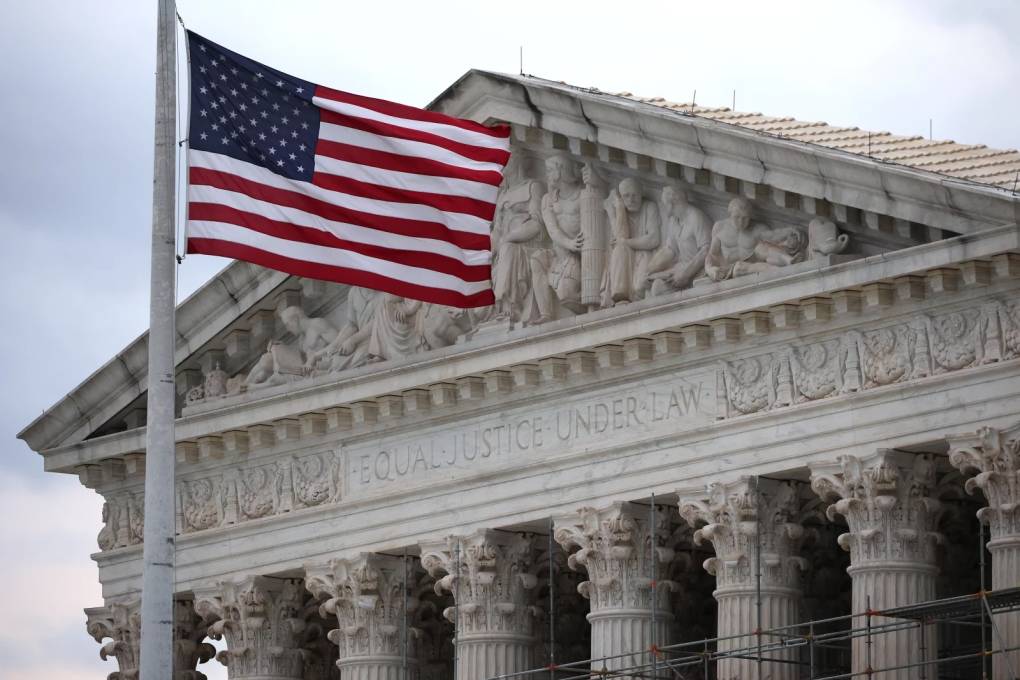
"It’s absolutely nonsensical and completely irrational," said Leti Volpp, professor of law at UC Berkeley School of Law. "States and localities that are not covered by these cases may be pressured by the federal government to deny birthright citizenship to children born in those jurisdictions."
"The executive order is written in legal language...these are families that could be affected by Trump's birthright citizenship executive order: Families where both parents have no legal immigration documents at the time of their baby's birth."
The Supreme Court ruled in favor of the Trump administration, restricting federal district courts' authority to block executive orders like the one concerning birthright citizenship. This decision creates variability in birthright citizenship rules depending on geographic location, prompting concerns from legal experts. Critics, including UC Berkeley law professor Leti Volpp, argue this could lead to confusion among state and local governments about compliance with federal directives. The executive order impacts families with undocumented or temporarily legal parents, challenging the precedent of universal citizenship rights for those born in the U.S.
Read at Kqed
Unable to calculate read time
Collection
[
|
...
]